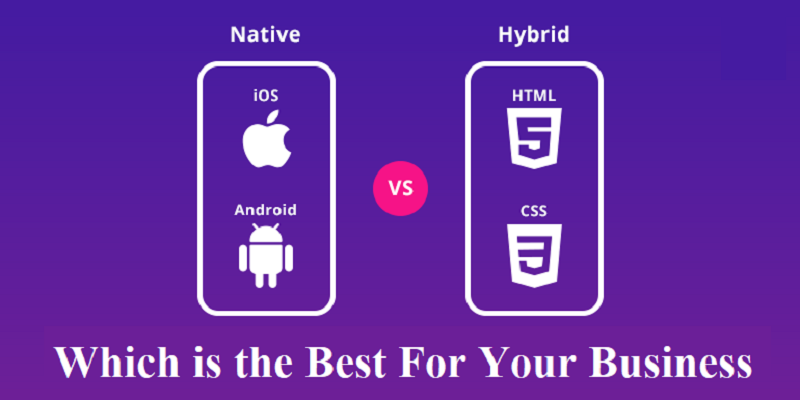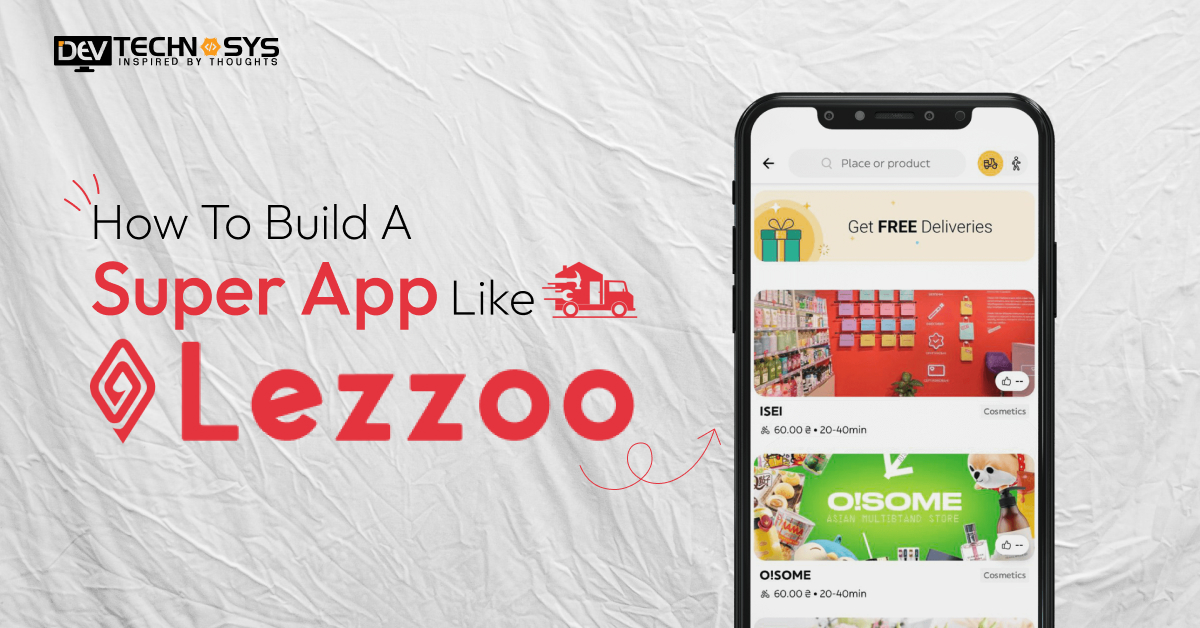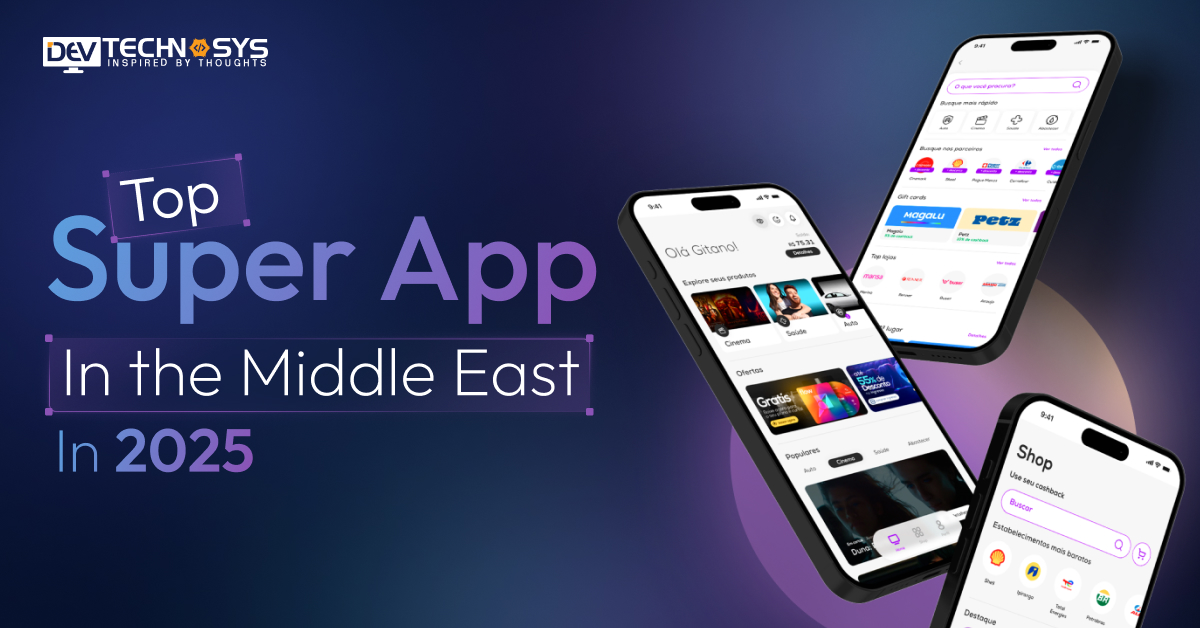It’s okay that you have decided to have a mobile app for your business.
Still, do you know which option will be best for you in terms of cost and features?
Or
Have you ever heard about Native or Hybrid app development?
If an answer to both questions is ‘No,’ then you would love to read this blog post. Here you will go through some interesting information about mobile app development. In addition, It would be best to hire react native app development company to have an excellent hybrid mobile app.
Introduction
In simplistic terms, mobile apps are applications specifically designed for internet-enabled mobile devices such as smartphones and tablets. You will be surprised to know the number of mobile app downloads worldwide was 218 billion in 2020, where revenue in this year revenue was 581.9 billion. It is projected to reach 935.2 billion USD in 2023.
The above are just facts; the point is, mobile apps became a potential medium for all businesses. This app serves various purposes: attracting customers, brand promotion, offering services, and having a great business ahead.
The businesses focus on the customer via launching their app on Android and iOS platforms. Instead of visiting websites, internet users like to use mobile apps to use services such as food ordering, booking flight tickets, shopping for goods online, and many other purposes.

From the business point of view, you can grab ample business opportunities via launching your mobile app. The number of smartphone users is increasing rapidly, and in 2025, there will be 7336 million users. That is attracting the attention of many brands and businesses to target the customers via mobile apps.
Before we proceed further, let’s have a look at types of mobile apps.
Types of Mobile Apps
Two major platforms are being used worldwide, i.e., Android and iOS, where Google Play Store contains 3.15 million and 2.09 million apps available on Apple App Store. An everyday number of apps submitted to these and as per convenience user downloads it. Although based on the technology, the apps can be categorized in the following-
-
Native Mobile Apps
The platform-specific apps are called Native Apps, such as an app developed for iPhone will be native to the iOS platform. In terms of optimization, these apps work great because they focus only on the OS and efficiently utilize the device resources.
-
Hybrid Mobile Apps
These apps look native but hybrid and formed with a combination of technologies. In terms of economical points, these apps take less development cost. The Hybrid app development represents the best example of code reusability. It saves the cost and the developer’s efforts.
-
Web Apps
The apps can be accessed via a browser called web apps. There is no need to install on a device; you only need a browser. In simpler terms, these are the websites that adapt the UI of a particular device and executes accordingly.
This article aims to help you out to understand native apps and hybrid apps so you can choose accordingly for your business.
The Native App Development
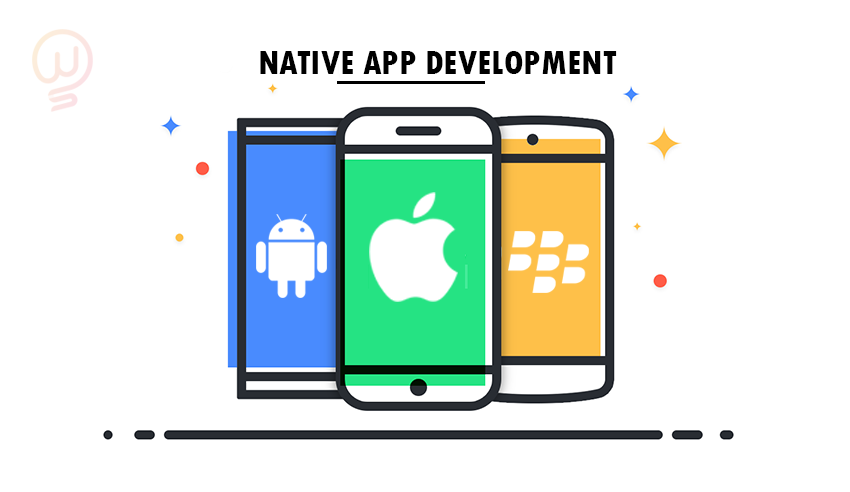
Native apps are being specifically designed and developed for a particular operating system. The app development takes place as per the programming languages supported by the platform. For example, to develop an app for an Android device, you need to use programming languages such as Kotlin, Java and for iPhone app development, you need to use languages such as Swift, Objective- C. The native apps works like one app will work for only one platform like you can’t even install a platform app onto the other platform.
1. Advantages of Native Apps
-
Improved User Experience
The native apps always work fine in terms of user experience, and the reason is these apps always remain compatible with the platforms for which they have developed. It works fine for offline as well as for online access. Overall it improves the user experience.
-
Enhanced Performance
It is obvious when a mobile application is designed & developed on the basic principle of a particular platform, either it is iOS or Android. As a result, apps performance remains high in terms of UI/UX, better memory utilization, and data storage. In addition, these native mobile applications are always easy to handle and update.
-
Functionality
It is one of the specialties of Native app development. Whenever any update is required to launch, the developers can easily integrate and update the components because they have focused on only one platform.
-
Better Data Security
Compared to Hybrid apps, native apps always remain highly secured. Moreover, related data storage activities are always compatible with the platform-oriented database, so it is very smooth for the developers to apply the additional security mechanism.
-
User Personalization
From the User’s perspective, personalization of native apps is so easy. The layouts and themes can effortlessly be customized in brisk.
2. Disadvantages of Native Apps
-
Development Cost
It is admissible that native apps are complex to develop and need resources such as tech stack, experienced developers. These factors directly or indirectly increase the cost of development.
-
Time-Consuming
Suppose you want to launch the same application on different platforms, then you have to develop the same concept differently using the specific tech stack required. It takes too much time.
3. Tech Stack Required For Native App Development
Developing native apps for iOS and Android platforms requires a tech stack separately. The details are following-
-
iOS Native App Development
– Programming language: Objective- C and Swift
– Development tools: Xcode, App code
– UI Frameworks: UIKit, SwiftUI
-
Android Native App Development
– Programming Language: Java, Kotlin
– Development Tools: Android Studio, ADT(Android Development Tools)
– UI Frameworks: Android UI, Jetpack Compose
4. Top-5 Best Example of Native Apps in 2021
- WhatsApp – is the most popular messenger app available for Android and iPhone users and developed separately for Android and iOS devices. Two billion users use it for chatting, video calling, audio messages, image sharing, and document sharing. It has changed the whole perspective of the person to personal communication.
- Spotify– one of the best examples of entertainment apps developed natively and has a huge fan base worldwide. While using this app, you can choose the songs as per your choice. The only required things are an internet-enabled device and quality earphones.
- Magento 2 POS– one of the perfect examples of e-commerce apps using native app development.
- Pokemon Go– AR technology-powered gaming app built based on Native programming app.
- Waze– a finely built navigation app that assists worldwide drivers enrooted.
The Hybrid App Development
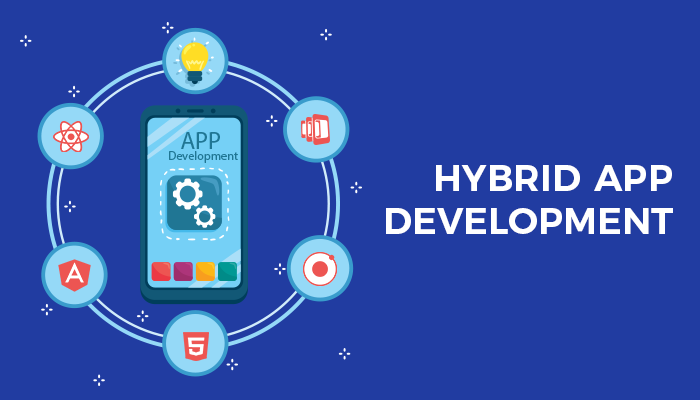
The native apps are developed for the specific platform. Still, Hybrid app development means developing an app using a common code base for different platforms where a react native app developer need not write a separate code. To understand it as a hybrid developed app that will work for both platforms.
Suppose you want to develop a native on-demand food delivery app so, you have to develop it two times, one for Android and one for iOS. Still, if you develop it using hybrid app development, you have to develop it a single time. Here you will leverage reduced cost and time.
1. Advantages of Hybrid App Development
-
Code Reusability
One of the best advantages of hybrid app development is code reusability. Once the app is developed, it works across all the platforms. A developed app work same on the iPhone and Android device.
-
Time-Effectiveness
It takes less time to develop a hybrid mobile app compared to a native application.
-
Smooth Maintenance
If there is a requirement for an update, then there is no need to implement it separately for the platforms.
-
Targeting Large Audience
With the help of hybrid apps, businesses can target large audiences as it covers Android and iOS users.
2. Disadvantages of Hybrid Apps
-
Limited experience
Hybrid apps are developed for multiple platforms, so they can not take full control as the native apps can.
-
Lower Performance
It is fine that a hybrid app takes less time to develop, but it is always lower than native apps in terms of performance. Because these apps, due to the common functionality, can’t completely utilize the features of respective platforms.
3. Tech Stack Required To Develop Hybrid Apps
Following are the details of the technology stack used by a Hybrid mobile app development company.
-
React Native
It is such a wonderful framework that can be used for native app development and hybrid app development. It is an open-source UI software framework by Facebook Inc. React Native used to develop applications with native capabilities for Android, iOS, Android TV, macOS, tvOS, web apps, and window apps. It contains a best-in-class JavaScript Library that facilitates a React Native Developer. Without compromising the User’s experience, the apps can be developed that make React Native a promising framework. There are thousands of popular apps built with this technology, such as Facebook, Instagram, Flipkart, and many more.
-
Xamarin
It is an open-source framework and tool supported by Microsoft. Developing cross-platform applications utilizes the power of .Net technology in the best way. It can be easily integrated with modern backend services and native APIs. Xamarin has a powerful library that accesses Native APIs and 2D Graphics from shared code. In addition to its multiple specialties, it has a strong community where worldwide developers are connected and participate in the discussion and posting of the questions.
-
Ionic
It produces mobile apps in combination with the technologies such as JavaScript, CSS, and HTML. The Ionic is known for developer-friendly tooling. Its advantages are live-reload, smooth deployment & integrations, hardware-accelerated transition, touch-optimized gestures, pre-rendering, and AOT compiling.
4. Top-5 Best Example of Hybrid Apps in 2021
The Following represents some exciting examples of Hybrid app development in 2021 and used worldwide by millions of users.
-
Twitter
It is one of the perfect representations that how a great social app can be developed via React Native App development. Since its launch to date, there are millions of users using this app to express their feeling in words. Even governments are also using it officially to share the information with the citizens. From a common man to celebrities, all have their account on this app.
-
Instagram
It is another app that utilizes the features of React native programming. When it comes to sharing images, short videos feeds, and infographics, none other than Instagram is perfect. There are one billion users worldwide who use this app. Not only in online mode has it also worked great in offline mode.
-
Airbnb
The most famous hospitality brand allows users to choose their accommodation while traveling professionally or personally. It is built using React Native framework, and when it comes to building the apps like Airbnb, it is always the first choice of Hybrid App Development Company to use this technology.
-
Skype
We have used Skype multiple times but do you know that what is technology empowers it? Yes, again, it is a React Native. Skype is a product of Microsoft, and the corporation used react technology to build the Skype mobile app.
-
Pinterest
Although it is a social networking app for image sharing, not for communication, it allows you to share multiple images regarding recipes, interior designing, and many other topics. You can set the categories as well.
Native Vs Hybrid Apps
| Features | Hybrid | Native |
| Application | The app works across multiple platforms | The app works only on a single platform |
| Cost | Comparatively Low | High |
| Performance | Moderate | High |
| UI | Restricted UI | User friendly UI |
| H/W Utilization | Little bit lower | Maximum power |
| Maintenance | Easy Maintenance | Certain challenges |
| Channel | Web | OS |
The Final Words!
So with which option, you want to go Native App Development or Hybrid App Development?
Both technologies have their advantages and limitations. From the performance point of view, native apps are best, and hybrid apps are best in terms of code reusability, cost, and maintenance. Still, it is tough to say that which one is best. Here requirement plays a crucial role. In addition, React Native Development is promising as it has its applicability in native app development and developing hybrid apps. Moreover, it is beneficial in reduced cost and development time.
It is now up to you which technology suits your requirements.



